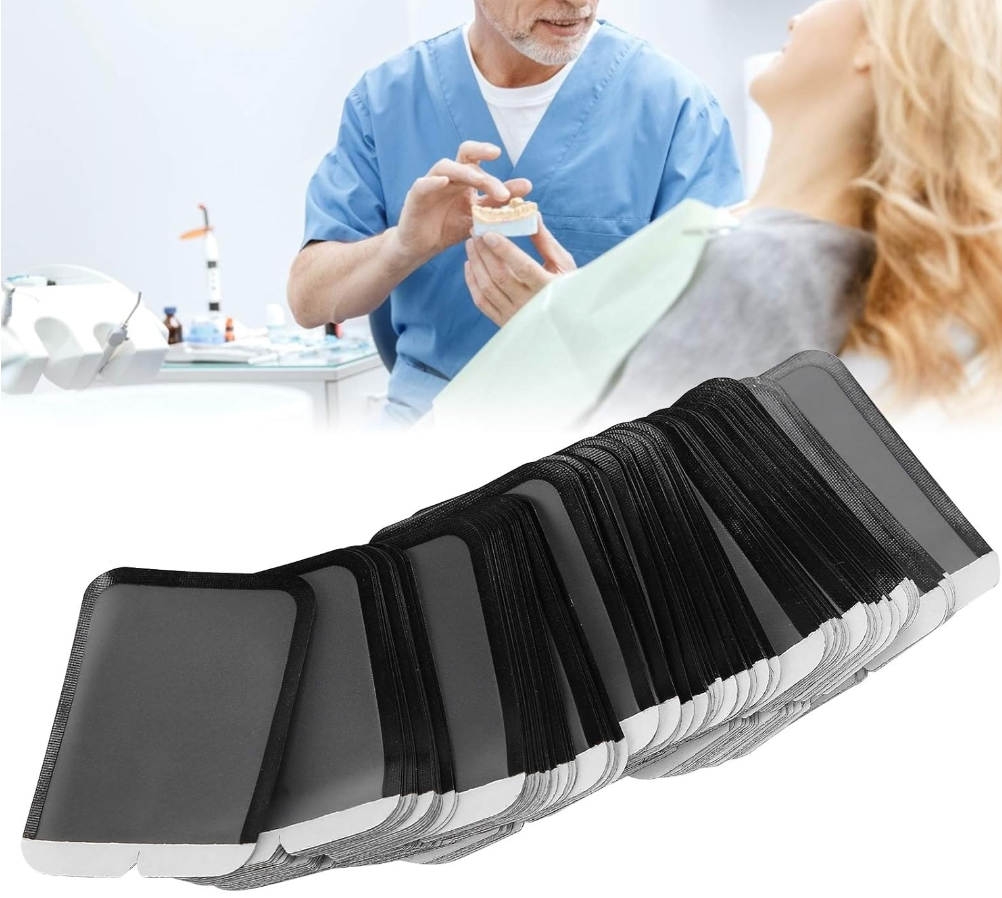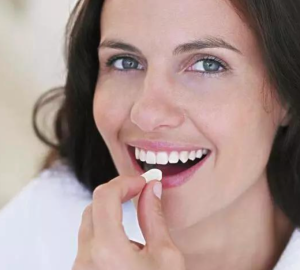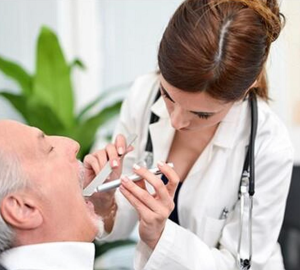Ensuring excellent oral hygiene is fundamental for maintaining a radiant smile and overall health. While routine dental appointments are indispensable, practicing effective oral care at home is equally vital. This guide outlines five crucial steps for achieving and maintaining prime dental health.
1. Mastery of Brushing Technique:
The bedrock of oral care lies in proper brushing, not just in frequency but in technique.
- Angle: Position the toothbrush at a 45-degree angle to the gums to optimally dislodge plaque.
- Motion: Employ short, gentle strokes wide enough to cover each tooth to avoid damaging gums and enamel.
- Duration: Dedicate at least two minutes to brushing, thoroughly cleaning all surfaces: outer, inner, and biting surfaces.
- Brush Selection: Choose a soft-bristled brush to be gentle on gums while effectively removing plaque.
- Replacement: Substitute your toothbrush every three to four months or sooner if the bristles splay.
2. The Critical Role of Flossing:
Flossing, often overlooked, is essential for interdental cleaning.
- Reach: Floss accesses the tight spaces between teeth, beyond the reach of a toothbrush.
- Technique: Use a gentle motion, curving the floss around each tooth until it squeaks slightly, indicating cleanliness.
- Types: Experiment with different floss types—waxed, unwaxed, or dental tape—to find your preference.
- Frequency: Daily flossing is crucial for removing plaque and lowering the risk of gum disease.
- Alternatives: For those who find flossing difficult, interdental brushes or water flossers are effective substitutes.
3. Mouthwash – Not Just for Fresh Breath:
Mouthwash contributes significantly to oral hygiene, beyond just scent.
- Fluoride Content: Choose mouthwashes containing fluoride to fortify enamel and thwart decay.
- Alcohol-Free: Select alcohol-free options to prevent mouth drying, which can lead to increased bacterial growth.
- Rinsing Time: Swirl mouthwash for 30 seconds to a minute to fully benefit from its properties.
- Therapeutic vs. Cosmetic: Distinguish between therapeutic mouthwashes, which combat bacteria, and cosmetic ones, which only conceal odors.
- Post-brushing: Use mouthwash post-brushing and flossing to cleanse away any residual particles.
4. A Diet Tailored for Dental Health:
Diet plays a significant role in oral health.
- Limit Sugars: Minimize sugar intake to prevent the conversion of sugars into acids that erode enamel.
- Crunchy Vegetables: These natural teeth cleaners also boost saliva flow, neutralizing acids.
- Calcium and Phosphorus Sources: Consume foods rich in these minerals, like dairy, to fortify teeth.
- Avoid Sticky Foods: Such items adhere to teeth and promote decay. Brush or rinse after consumption.
- Hydration: Drinking ample water facilitates ongoing oral cleansing and supports saliva production.
5. Regularly Update Dental Tools:
Dental tools diminish in efficacy over time and require updating.
- Toothbrush: Echoing previous advice, replace it every few months or upon wear.
- Toothpaste: Check for expiration to ensure the potency of active ingredients.
- Floss: Replace discolored or malodorous floss.
- Mouthguard: For those using mouthguards for bruxism, maintain their condition and fit.
- Dentures/Retainers: Regular cleaning and proper fit are essential. Seek dental advice if discomfort arises.
Oral hygiene is an ongoing commitment that significantly impacts your smile and overall health. By adhering to these practices, you contribute profoundly to your dental well-being, laying the foundation for a healthy mouth right from home.




